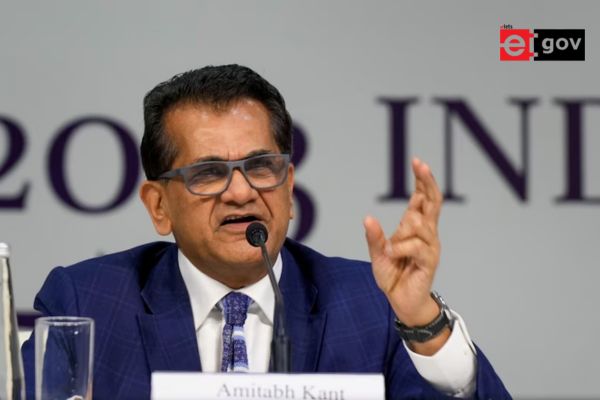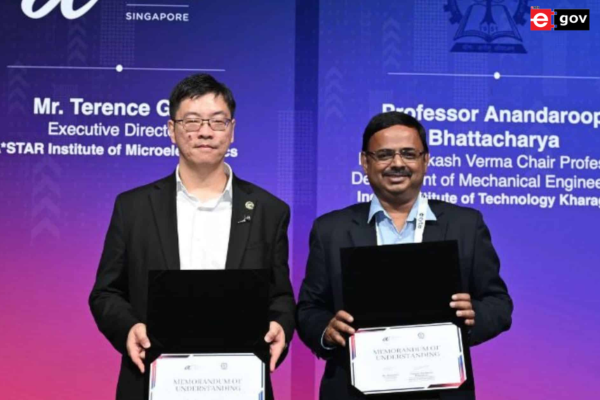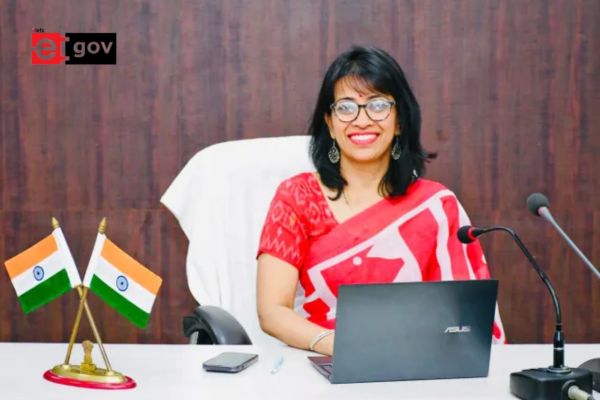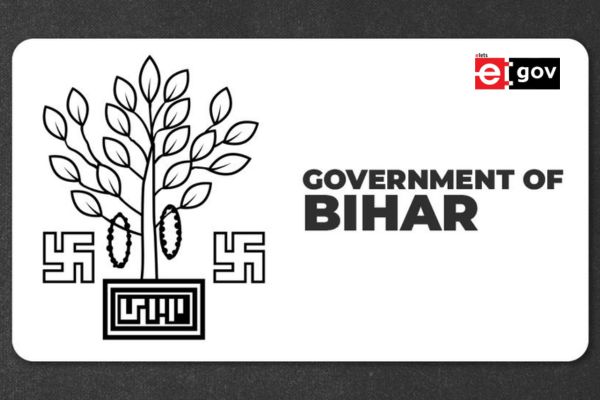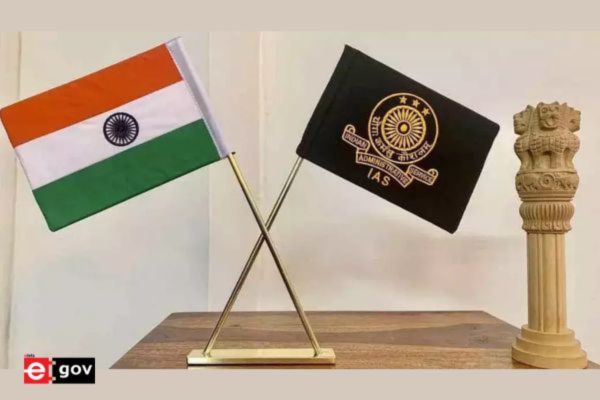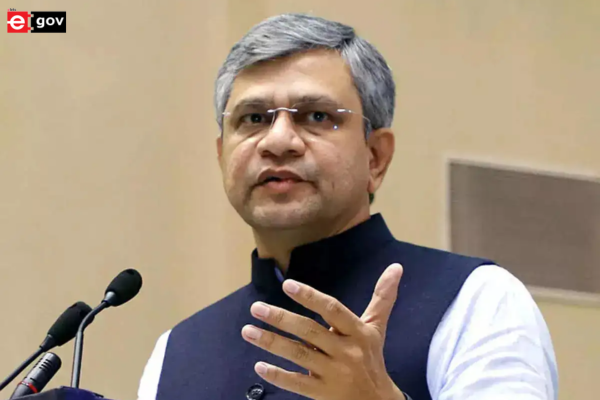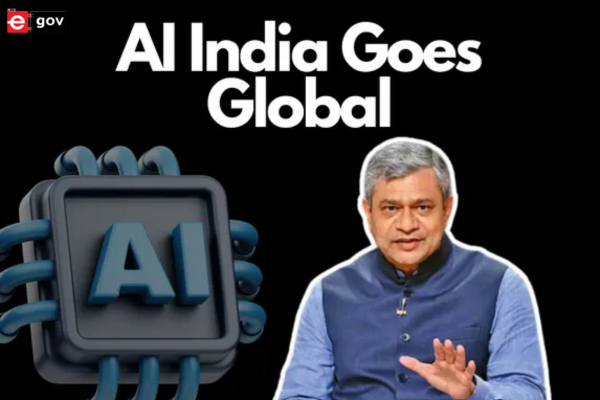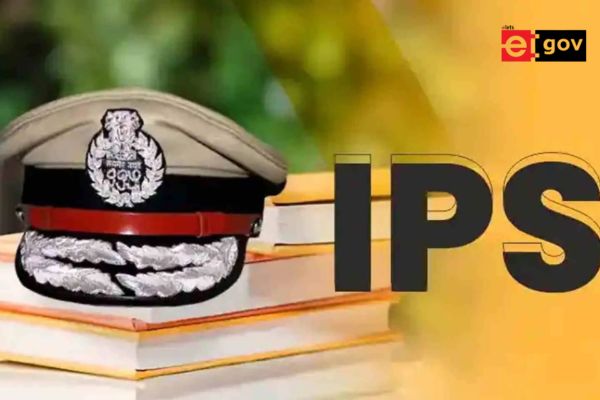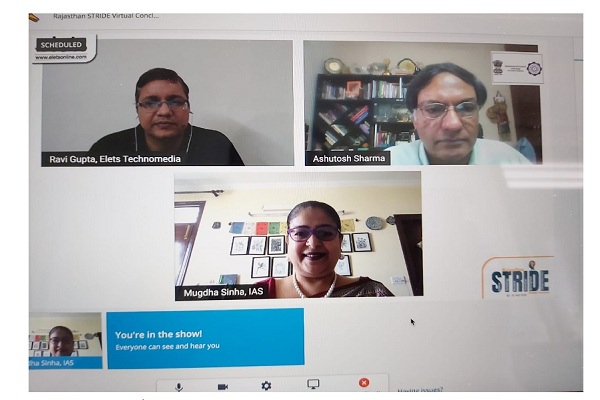
Professor Ashutosh Sharma, Secretary, Department of Science & Technology (DST), Government of India stressed on the need to examine and strengthen the knowledge chain end- to- end to see how Science & Technology will lead to Atmanirbhar Bharat while speaking at the Rajasthan STRIDE Virtual Conclave, an initiative by the DST, Government of Rajasthan organized on May 30, 2020.
“Since there is a call for Atmanirbhar Bharat or self-reliance, it has to be responded with global quality. To become self-reliant, we have to build up the strengths of India, which are its R&D, Design, workforce, huge markets, demographic dividend, its diversity, and data,” he said.

Focusing on Science, Society and Self-reliance, Professor Sharma, touched upon the learnings from the COVID-19 crisis. “In the last two months, great things have happened in terms of bringing solutions for COVID-19, be it designing world-class ventilators or new diagnostic methods. All this has happened because of a clear and present understanding of our needs & priorities and a problem-centric approach which involved both academia and industry as partners. We can build on our strengths and the lessons of COVID-19 with speed and scale by strongly connecting our knowledge generation systems with knowledge consumption for the benefit of both.” he said.

Speaking about how DST is tackling emerging challenges like sustainable development, rise of intelligent machines, Industry 4.0, that will remain important in all foreseeable future, Professor Sharma added, “DST has already launched a mission on Cyber-Physical Systems worth 3,660 crores with a focus on the convergence of different branches of technologies such as communication, computing, Artificial Intelligence, autonomous machines, etc. A mission on Quantum Technology & Devices worth 8,000 crores is being formulated.”

He stressed on the importance of Scientific Social Responsibility in connecting Science with the Society. “This has been implemented in the Science and Engineering Research Board a DST body, on a limited scale and policy on it is underway to be notified,” he pointed out.

Talking about the transfer of technology in reaching the benefits of science to society, he said, “Technology Transfer is all about connecting between Industry and Academia and willingness to work with others. Lots are happening in this area. Institutions like Indian Institutes of Technologies are working in this direction.”
Also Read: Consultation process for new Science, Technology & Innovation Policy (STIP) initiated
Highlighting DST’s investment in Agri-startups, he said, “Agriculture is a vast domain in terms of opportunities. DST alone has supported around 120 incubators with over 3,000 tech startups, including several hundred in agriculture and allied areas like water, soil, mapping, sensors, and actuators. Both the number of incubators and the startups have rapidly doubled in the last 5 years.”
Be a part of Elets Collaborative Initiatives. Join Us for Upcoming Events and explore business opportunities. Like us on Facebook , connect with us on LinkedIn and follow us on Twitter, Instagram.
"Exciting news! Elets technomedia is now on WhatsApp Channels Subscribe today by clicking the link and stay updated with the latest insights!" Click here!





